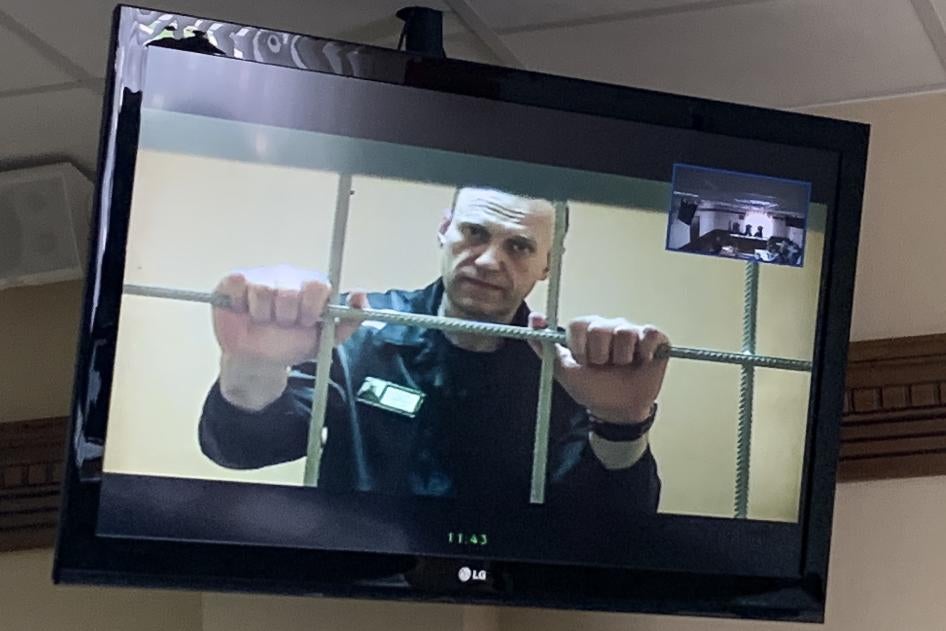In the last minutes of Navalny, the documentary about Russian opposition leader Alexei Navalny that’s been nominated for an Academy Award, viewers learn he is facing up to 20 years in prison. This is hardly a spoiler; Navalny’s been behind bars since he returned to Russia in 2021 following a 2020 assassination attempt.
The film is generating important attention to Navalny’s story, which is crucial to sustain after publicity around the Oscars, to be held on March 12, 2023, fades.
The film has gripping scenes detailing how Navalny’s team and Bellingcat investigative journalists came to accuse Russia’s security services of orchestrating the 2020 assassination attempt using a Novichok nerve-agent poisoning.
Against that backdrop, the baselessness of the many criminal charges the authorities have thrown against Navalny may seem inconsequential, but they’re an intentional example to millions of Russians of the risks involvement in anything resembling authentic political opposition.
Authorities have branded the organizations Navalny founded “extremist,” and anyone even loosely affiliated with them, can also face prosecution. Lilia Chanysheva, the former head of one of Navalny’s headquarters, has been behind bars since November 2021. Many others are jailed just for speaking out against Russia’s war in Ukraine and other activism. They don’t have Navalny’s visibility, but their fate is no less important.
Russian authorities clearly have a special animus for Navalny. Between mid-August 2022 and early January 2023, they regularly sent him to solitary confinement for a total of 113 days. In February, they transferred him to a harsh punishment cell for six months. They cited such alleged infractions as an undone shirt button, but there is little doubt this punishment is retaliation for Navalny speaking out from behind bars.
The longer-term health consequences of Navalny’s Novichok poisoning are unknown. Regardless, Navalny’s health deteriorated in solitary confinement. In 2022, he said he lost 3.5 kilograms every 10 days spent there, gaining only some of it back once returned to a regular cell. In early February, Navalny’s lawyer said he had been given massive doses of antibiotics after falling ill with a fever, which led to stomach complications and further weight loss.
The Kremlin is persecuting Navalny and his supporters amid the atrocities Russian forces are perpetrating against civilians in the war against Ukraine, its militarization of Russian society, and its drive to eradicate all public dissent. It is counting on letting him rot in prison in silence long after the Oscar moment passes. We can’t let that happen.










